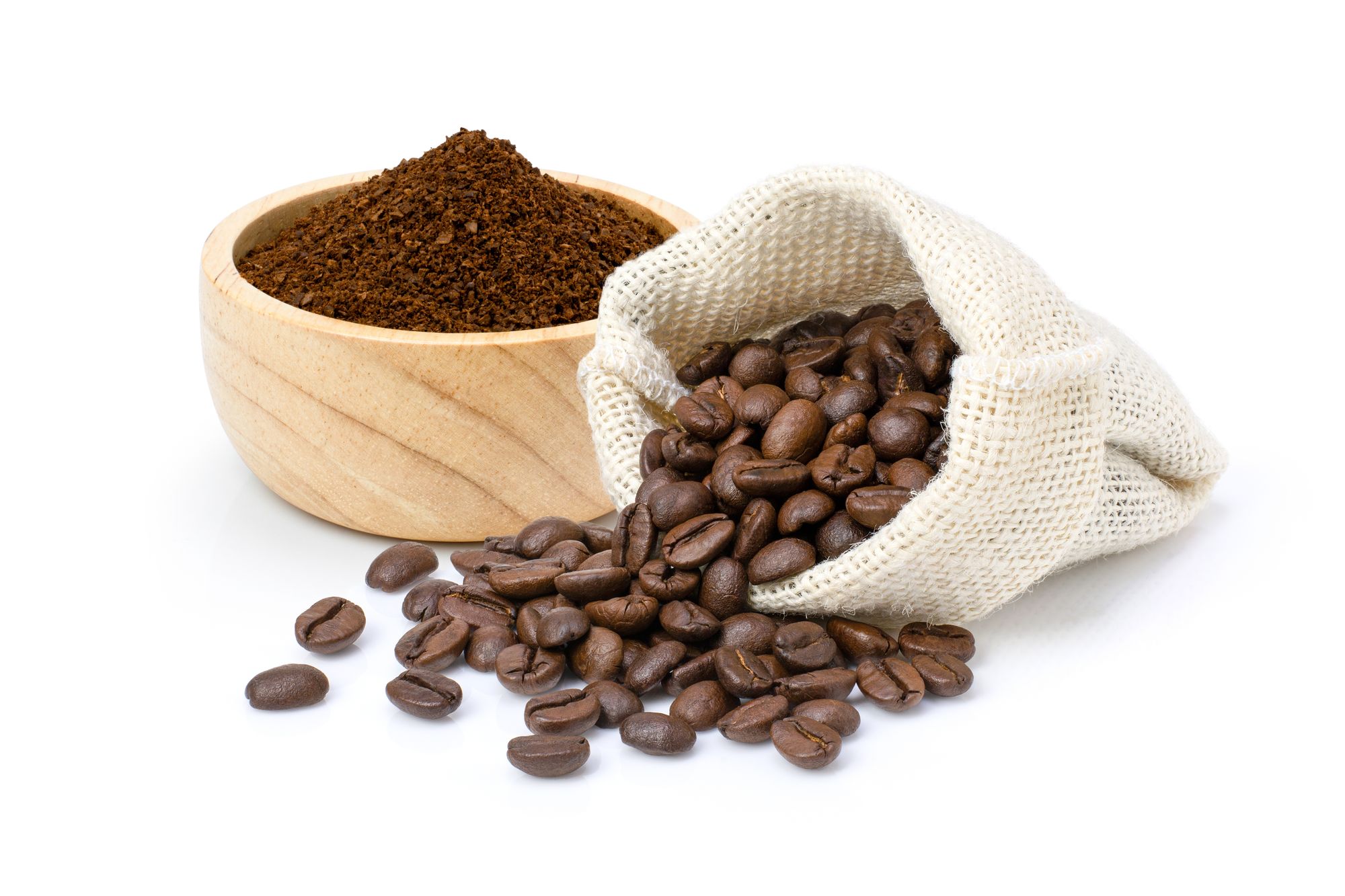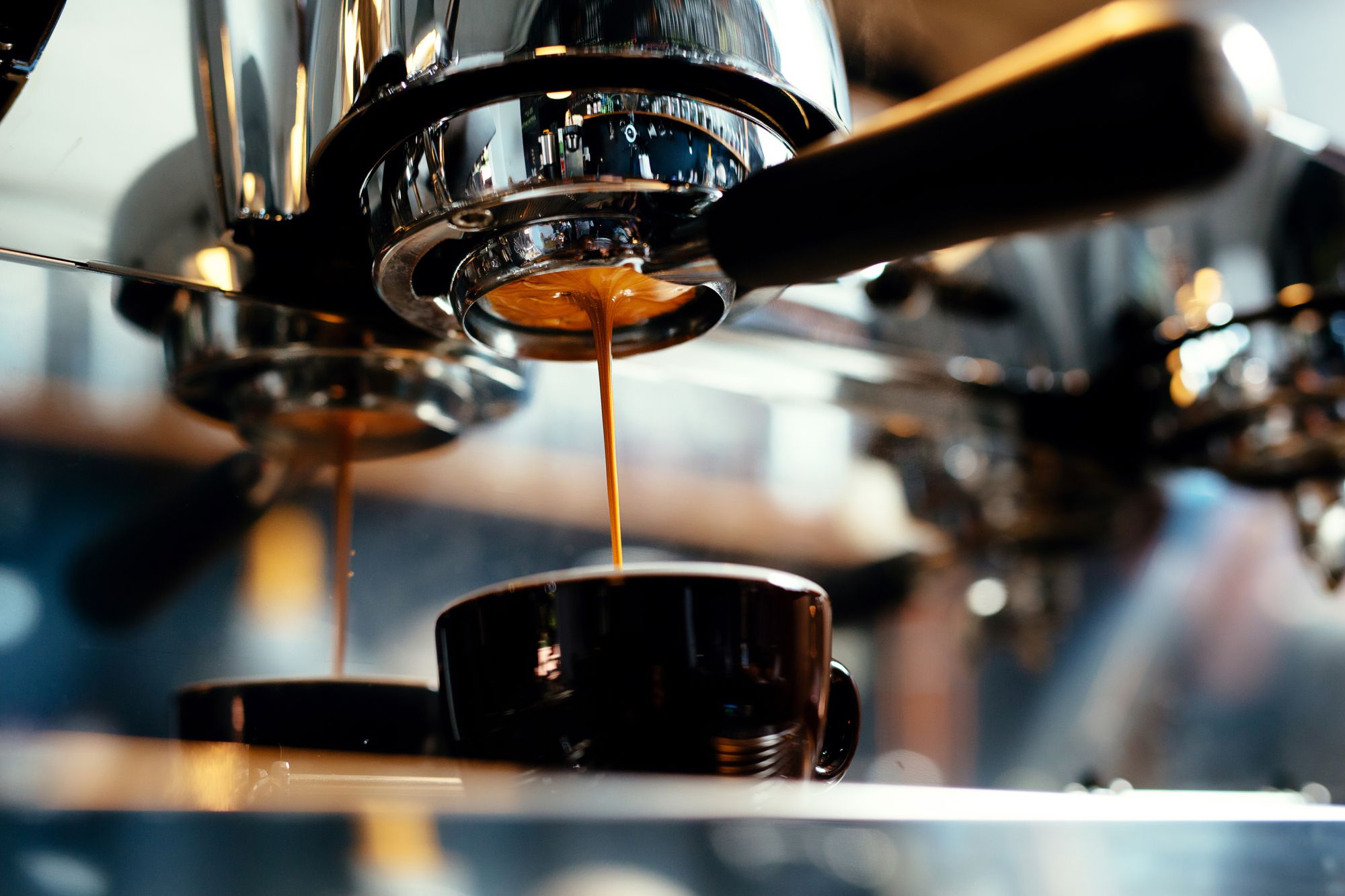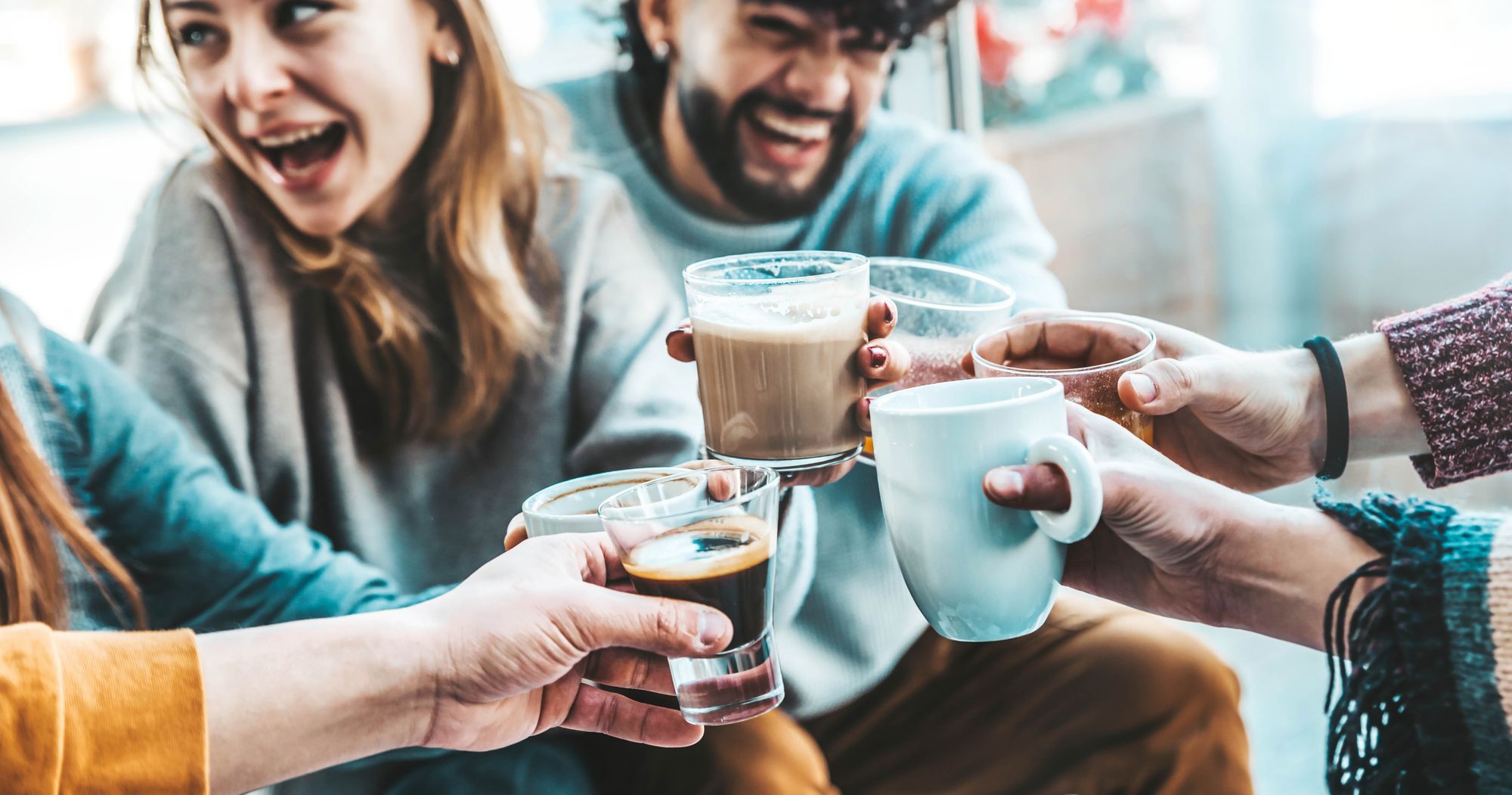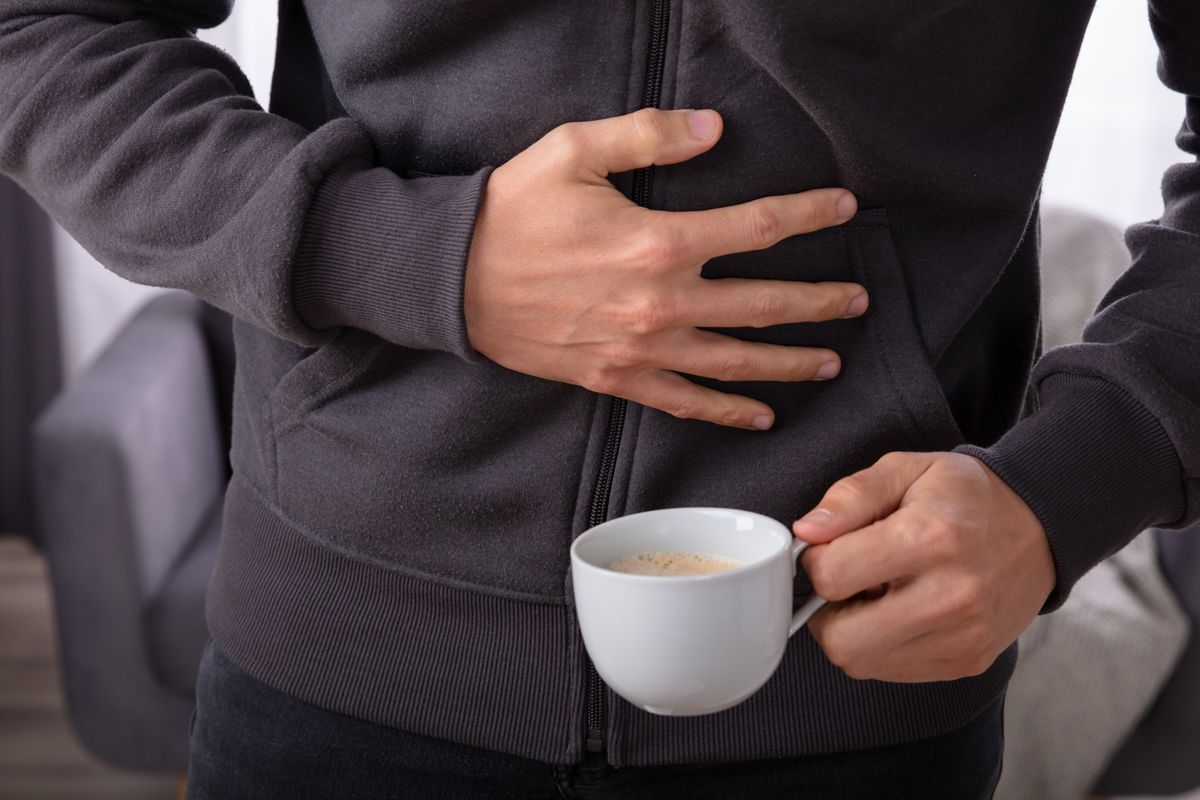Coffee is a widely consumed beverage, especially in the morning, as it helps many people power through their day. While it provides an energy boost, studies suggest that moderate consumption of coffee may also offer various health benefits. However, some coffee drinkers may experience an increased frequency of bowel movements after consuming their morning cup, raising the question of why coffee has a laxative effect.
Many individuals can relate to the experience of feeling an urgent need to visit the restroom after consuming coffee. In some cases, people resort to coffee enemas as a remedy for constipation. A study conducted on 92 participants, comprising 58 men and 34 women, revealed that 29% of the group reported the need to defecate within 30 minutes of finishing their coffee.
Two medical professionals, Adil Maqbool, MD, a researcher affiliated with Toho University in Japan, and a peer-reviewer at The Lancet, and Onyx Adegbola, MD, Ph.D., a physician-scientist, lifestyle medicine physician, and founder of Casa de Santé, a virtual IBS clinic offering gut-friendly, low-FODMAP products, supplements, and resources for IBS patients, shed light on the digestive effects of coffee. Maqbool and Adegbola identified two primary factors responsible for coffee's impact on bowel movements: its interaction with colon muscles and its effect on gastric acid production.
How Coffee Interacts with Your Colon

Bowel movements occur due to the contractions and movements of the colon. The walls of the colon stretch and separate, pushing stool downwards while signaling the body to defecate, according to Mayo Clinic. The interaction between coffee and this colon process is one of the primary reasons why coffee triggers the urge to use the bathroom.
According to Maqbool, "Coffee consumption can activate the muscles of the colon, resulting in the urge to defecate. Caffeine, a natural stimulant present in coffee, stimulates the muscles of the colon, leading to bowel movements." Therefore, coffee facilitates bowel movements by relaxing the colon muscles, making it easier to defecate.
Surprisingly, decaf coffee, which contains a small amount of caffeine, can also activate the colon. In a study published in the European Journal of Gastroenterology and Hepatology, caffeinated and decaffeinated coffee, along with food, caused more colon contractions than water. Although decaf coffee did result in some colon movement, caffeinated coffee was 23% more effective in this regard.
Coffee Triggers the Release of Stomach Acid

Coffee's impact on bowel movements also stems from its interaction with stomach acid.
Adegbola explains, "Coffee's laxative effects result from its ability to stimulate the production of gastric acid in the stomach and intestines."
This heightened acidity accelerates digestion, resulting in the urge to defecate. However, Maqbool cautions that this interaction may cause stomach discomfort or cramping in certain individuals.
The production of gastric acid in response to coffee may depend on the types of acids present in the coffee. N-alkanoyl-5-hydroxytryptamides, trigonelline, and N-methylpyridinium are common acids in coffee, and their levels can vary across different coffee types.
According to a study in Molecular Nutrition Food Research, a dark roasted coffee with lower levels of these three acids resulted in a lower production of gastric acid than another market blend. Therefore, the specific types of acids present in coffee may influence the amount of gastric acid produced in response to its consumption.
If you experience excessive bowel movements or acid reflux symptoms after consuming coffee, the Cleveland Clinic recommends trying low-acid coffee alternatives. These options include dark roasts, espresso, cold brew, or mushroom blends.
Effects of Coffee Consumption Vary Among Individuals

The extent to which coffee affects bowel movements is subject to individual variability, according to both medical professionals.
Adegbola states, "Caffeine sensitivity differs among individuals. Some people may experience more pronounced effects, including an intensified urge to defecate, from consuming coffee."
Maqbool advises, "Regardless, it's essential to stay hydrated and pay attention to your body's signals. If you feel the need to defecate after drinking coffee, it's perfectly normal to do so."

